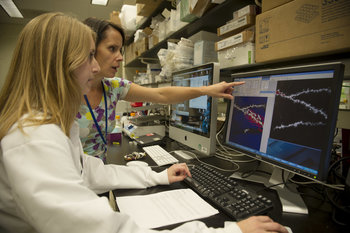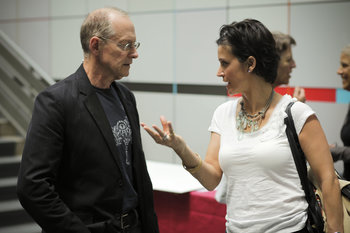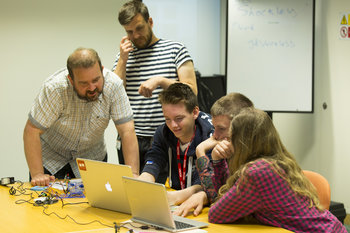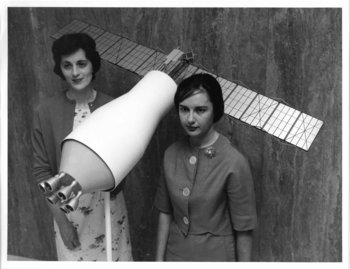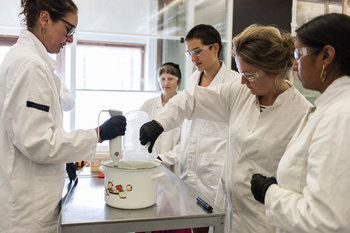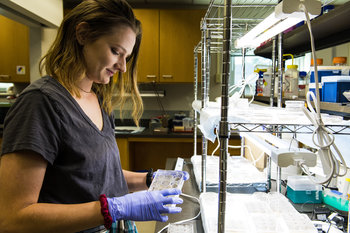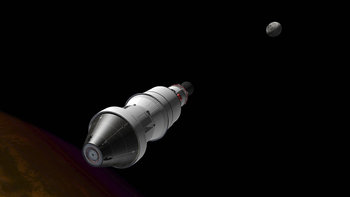Einstein’s Theory of Special RelativityExplains the relationship between space and time. | Einstein’s Theory of General RelativityDescribes gravity and how matter and energy affect the curvature of spacetime. |
E=mc²An equation published by Einstein in 1905 that describes the relationship between the mass of matter and energy. Predicts nuclear energy. | Chaos theoryExplains how small seemingly insignificant things can completely change the future of large systems. |
The Theory of InheritanceTraits are passed down from parent organisms to their offspring through genetic material. | Darwin’s Theory of Natural SelectionOrganisms that are best adapted to their environment are more likely to survive and reproduce. |
Darwin’s Theory of EvolutionTraits that are advantageous to survival and reproduction are more likely to pass to future generations such that traits in a species improve over time. | Darwin’s Theory of Common DescentAll species have a common ancestor and the diversity of life on Earth changes over time. |
Big Bang TheoryThe theory that the known universe is essentially an explosion that originated at a point and time and is still underway. | Hubble's LawDescribes the expansion of the universe whereby galaxies far from us are moving away from us at ever increasing speeds. This has interesting implications as light from very distant galaxies will never reach us such that we can never communicate. |
Conservation of EnergyThe principle that energy can neither be created nor destroyed only transformed. | Heliocentric TheoryThe Sun is as the center of the Solar System with the planets orbiting it. |
Theory of GravityObjects with mass are attracted to each other. | Atomic TheoryAll matter is made up of tiny particles called atoms. |
Theory of ElectromagnetismElectric and magnetic fields are two aspects of the same force. | Plate TectonicsThe Earth's surface is made up of a series of large plates that are constantly moving, changing shape and sliding past each other. Explains things like earthquakes. |
Anthropic PrincipleThe universe has life and therefore is compatible with the emergence and existence of life. | Cell TheoryThe theory that all living organisms are composed of cells such that the cell is a basic building block of life. |
Germ Theory of DiseaseThe theory that bacteria and viruses case infectious diseases by invading and multiplying within the body. | Quantum MechanicsDescribes the universe at the smallest scale as probabilistic and nondeterministic. For example, particles can exist in multiple states or locations simultaneously and their behavior can’t be predicted with certainty. |
Hierarchy TheoryThe theory that complex systems have levels that each have their own properties and behaviors such that there is no way to describe the entire system with a single rule. | String TheoryThe fundamental building blocks of the universe are tiny, vibrating strings of energy. |
Uncertainty PrincipleThe principle that you can’t know the position and momentum of small particles with precision. This is an example of the unknowable. | Second Law of ThermodynamicsStates that the entropy of an isolated system tends to increase over time. Interpreted to mean that the disorder and complexity of the universe is always increasing. |











